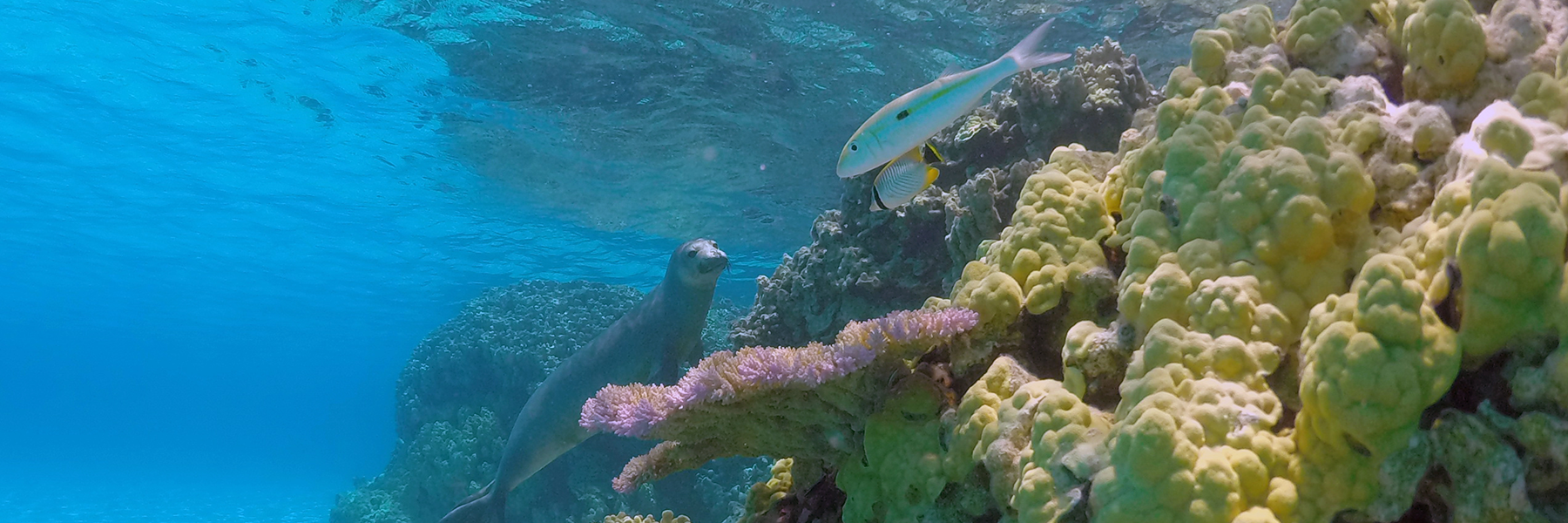Researchers use existing climate forecast systems to develop global marine heatwave forecasts

It is now widely recognized that marine heatwaves can drastically alter marine ecosystems. As a result, there is an increased desire for marine heatwave predictions to provide advance warning of these extreme events and their impacts. In a new study published in Nature, NOAA Physical Sciences Lab and Southwest Fisheries Science Center researchers and their collaborators use existing climate forecast systems to develop global marine heatwave forecasts and test their skill over the past 30 years. The study shows that in many regions, including off the U.S. west coast, there is significant skill predicting marine heatwaves months in advance.
The researchers find that forecast skill is dependent on region, with highest skill in the tropics and extratropical eastern Pacific. Their analyses also show that the ability to accurately predict marine heatwaves is modulated by large-scale climate phenomena, particularly El Niño and La Niña. For regions with skillful forecasts, both the onset and duration of marine heatwaves can be predicted. Given this information, decision thresholds based on the forecasts can be adjusted to meet the concerns of different end users.
Marine heatwave forecasts can be routinely produced in real time, like weather forecasts, and have the potential to inform ocean decision making. Example applications include sustainable fisheries management (reduction of ecological and economic risk), allocation of monitoring resources, and proactive approaches to minimize aquaculture losses.
New Page! Marine Heatwave Forecasts
Jacox, Michael G. (SWFSC and PSL), Michael A. Alexander (PSL), Dillon Amaya (PSL), et al. (2022): Global seasonal forecasts of marine heatwaves. Nature, https://doi.org/10.1038/s41586-022-04573-9
Related NOAA Feature: New global forecasts of marine heatwaves foretell ecological and economic impacts
Posted: April 21, 2022